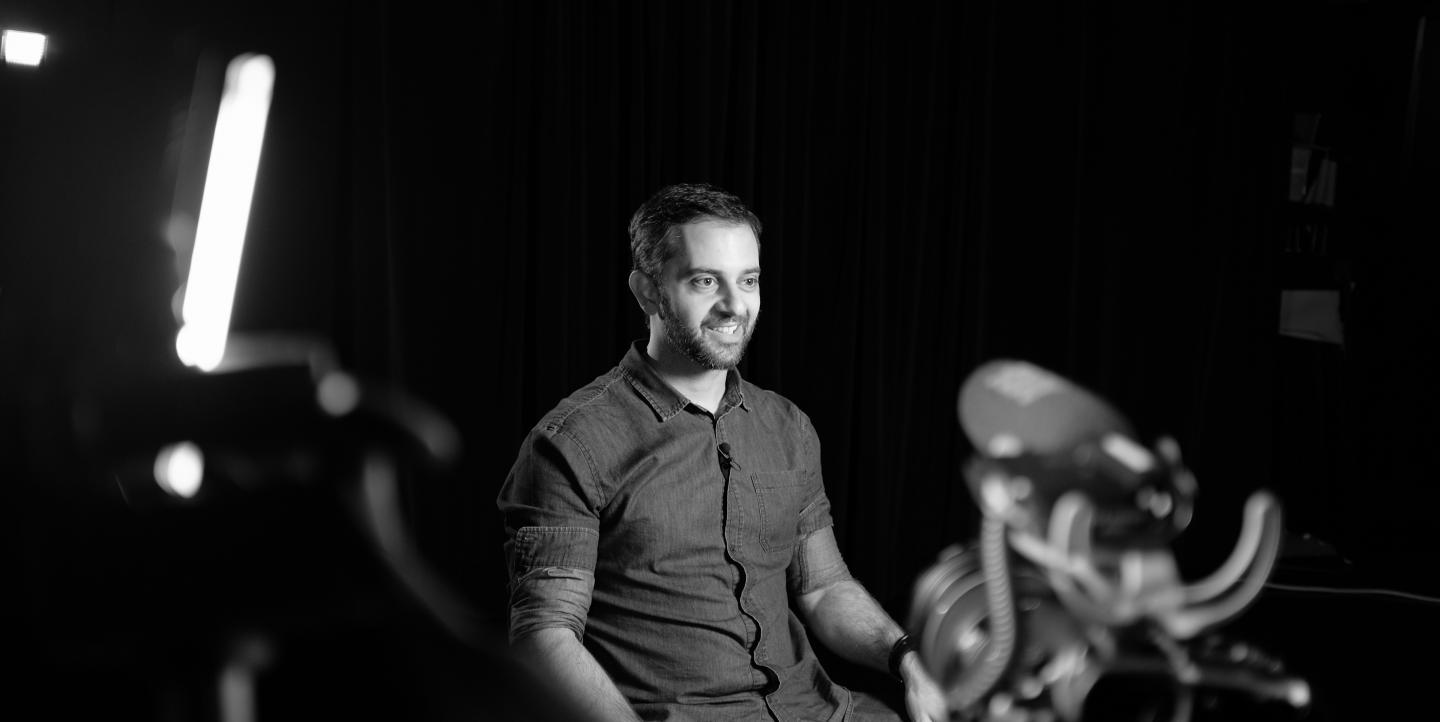Updated at 9:50 a.m. on October 4, 2017
Each month, IJNet features an international journalist who exemplifies the profession and has used the site to further his or her career. If you would like to be featured, email a short bio and a paragraph about how you have used IJNet here.
Growing up, Brazilian journalist Thiago Medaglia had two passions: writing and the environment. These passions helped inform his career as an environmental journalist straddling the intersections of science and storytelling.
“Since I was a kid, I was into nature,” Medaglia explained. “I [would take] trips to the coast, parts of the forest, parts of the mountain.”
Medaglia studied journalism as an undergraduate and went on to work at Terra, a Latin American equivalent of National Geographic. He worked there for four years, eventually becoming an editor, before moving to National Geographic Brazil and later InfoAmazonia, a digital project that covers environmental issues affecting the Amazon.
But Medaglia had his own ideas — and wanted to learn how to make them a reality.
Through IJNet, Medaglia found ICFJ’s “A Digital Path to Entrepreneurship and Innovation in Latin America” and then a fellowship at the Tow-Knight Center for Entrepreneurial Journalism. He credits both experiences with helping him launch and establish Ambiental, a digital news project that works with scientists to transform environmental research into compelling stories.
We spoke to him about Ambiental and the nuances of launching a digital media startup:
IJNet: Tell us a bit about your work with Ambiental. How do you translate scientific research into stories that readers can easily understand?
Medaglia: I don’t do this by myself, that’s important to say. We are a team, regarding the environmental stuff we publish online with InfoAmazonia and Ambiental. We see ourselves as a tag team, so we have developers, designers, photographers and other journalists. It’s also a mindset. The belief I have and what I’m trying to do through Ambiental is show that scientific content or scientific results should not only be accessible, but they must also be attractive. It needs to be compelling to the general public; otherwise, this information goes unnoticed.
You found two fellowships on IJNet. Can you talk about some of the things you learned and how these lessons helped you launch Ambiental?
I did the ICFJ fellowship in 2015. The internship with Mother Jones [which was part of the fellowship] was really life-changing for me. I had these ideas for projects, but I wasn’t doing anything to make them happen. So when I applied to the fellowship, I had to put them on a piece of paper and start developing a project — first theoretically, and then practically. The internship was really good because I had time to focus on my project and learn ... how to make it happen.
I was really trying to understand changes in the media industry. I knew in the U.S., [they] were many years ahead in this transformation of the media industry and of business models. I felt like I should go to the U.S. to understand what [they] were trying to do and the path [they] were taking. This fellowship was like that magical moment when you open your eyes and you see, 'Oh my God, there’s this whole new world out there; there’s many options.'
What are your future goals for Ambiental? Where do you see it going?
We have this very specific niche where we provide services to scientists and in exchange, we create journalistic content. The goal for this year was to have a very big project, which happened with Silent Forest; [it was] even better than I expected. Next we have a crowdfunding campaign. After that, we will seek out money from foundations. I don’t think we can establish [ourselves] without those kind of resources. Editorially, the goal [is] to occupy a specific space in Brazil: to cover scientific and environmental topics, giving voice to scientists and making this scientific and environmental information — which is very important for Brazil — accessible to the general public.
What advice do you have to other aspiring journalists or journalists hoping to set up their own outlets?
Well, you don’t do anything by yourself. You need to work in partnership with other people. And trust your vision. If you have a vision and that vision is something you created with no experience, then of course you should ask yourself if it makes sense and speak to more people. But if you have some experience and you have seen something in the market, trust your instinct.
This interview has been condensed and edited for clarity.
Main image by Sergio Spanguolo, courtesy of Thiago Medaglia

